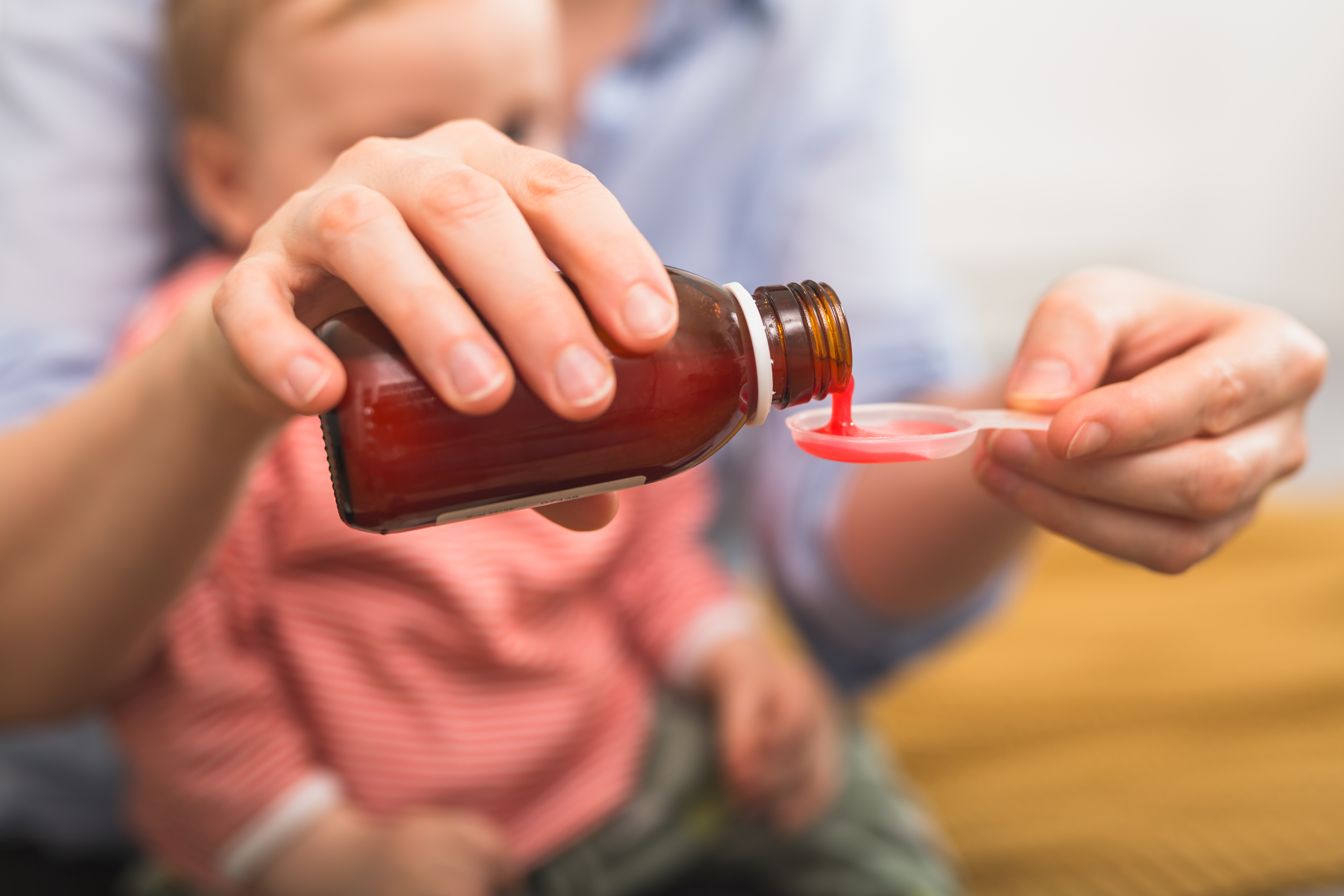
Nearly half of all parents get their children’s liquid medication doses
wrong.
In fact, one study found that four out of five parents made at least one
error when using either a dosing cup or oral syringe and the
miscalculations ranged from small to more than twice as much as
directed.
This would be a problem when administering medication to anyone,
and it is especially dangerous when children are involved.
“When it comes to small children, you can easily accidentally overdose
and that can have dangerous consequences,” said Angela Flores, a
clinical pharmacist with Heritage Victor Valley Medical Group.
Here are some steps you can take to make sure you give your child the
correct dosage and help ensure their safety:
- Double-Check Your Measurements: Dosing cups and oral syringes
are the most common types of tools that accompany liquid
medications, but usually you only get one or the other. However,
they are best if used together. To measure out the most accurate
dose, pour the liquid medication into a dosing cup and then draw it up into an oral syringe. This not only acts as way of double-checking your measurement, but also helps prevent the syringe from possibly contaminating the bottle of medicine. - Careful with Calculations and Conversions: Unfortunately,
medication labels and measuring tools do not always match. The
label may provide teaspoon-only or tablespoon-only instructions,
but the accompanying tool lists milliliters, teaspoons or tablespoons. - Please exercise caution when you are measuring with the correct unit listings. Additionally, parents need to ask their doctor to use their child’s weight to calculate the proper dose for common prescription and over-the-counter medications.
- Parents or caregivers should never use silverware like kitchen spoons, which can vary widely in size and shape, to dispense medicine. Giving too much, or too little, medicine to a child can have dire, and even deadly, consequences, so it is best to be as accurate as possible. When picking up medications from the pharmacy, it is best to ask for an oral syringe to ensure accurate dosing.
- Preparation Goes a Long Way: It would be great if all children sat
still and were quiet while their parents carefully measured out
their medicine, but that is simply not reality. If you have to
administer medication, odds are likely your child is not feeling
their best and is probably showing it either through tears, cries,
flailing or some combination of them all. That is why it is best to
plan ahead. Draw a line or apply a piece of tape to your oral
syringe to mark the exact amount you need to give your child.
This small step will feel monumental when it is 2 a.m. and you are
trying to measure out 5 milliliters of medicine while trying to calm
your crying infant. - For the Absolute Worst-Case Scenario: If your child accidentally
received too much medication and overdose is suspected, please
call Poison Control Center at 800-222-1222 or visit poison.org to
receive expert help and get accurate answers. It is free,
confidential and available 24 hours a day, seven days of week.
However, if your child collapses, has a seizure or has trouble
breathing or cannot be awakened, call 911 immediately.
Flores summation quote to go next to photo: “Liquid medication
measurements can be very complicated, especially for new parents
who are operating on minimal sleep. Using an oral syringe and double-checking your dosage may take more time, but it will help ensure that safety and health of your child.”


